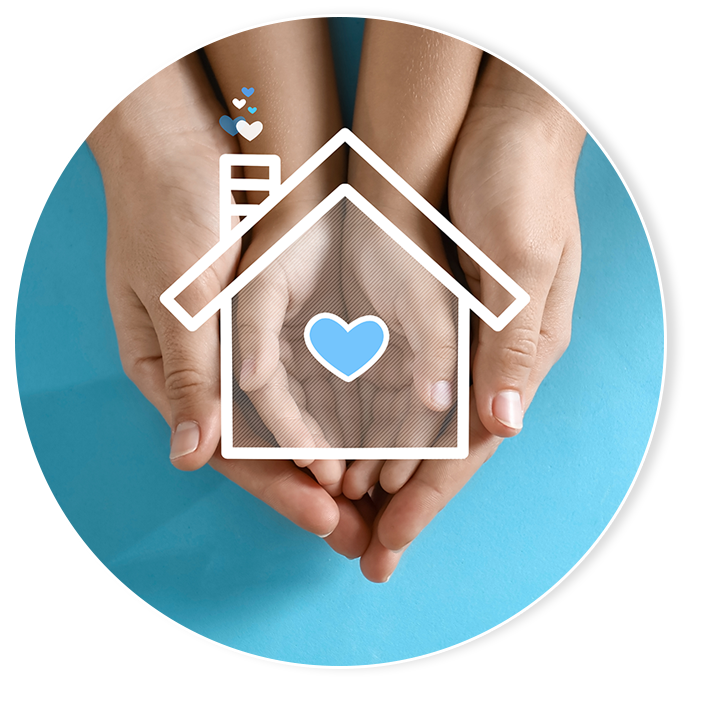Data Warehousing
and Social Services:
Benefits & Considerations
How Can Data Warehousing Support Social Services?
The Right Tool for the Job
Case management and data warehousing don’t represent an “either-or” situation but rather a question of your needs and what your organization wants to accomplish. When participating social service providers feed their data into a data warehouse, all stakeholders can pool their data and achieve a more holistic look at the communities they’re serving.
This data is then available for data analytics, so stakeholders can uncover patterns and stories in their data that inform better strategy and planning. And when you can better understand the whole community, you will better be able to provide for the needs of the individual.
This data is then available for data analytics, so stakeholders can uncover patterns and stories in their data that inform better strategy and planning. And when you can better understand the whole community, you will better be able to provide for the needs of the individual.


Data Warehousing and Case Management
Case management and data warehousing enable participating providers to coordinate services, and both facilitate data analytics and strategy. But each has an area of specialty, and they can even be used together. The architecture of a data warehouse is designed for handling big data, complex reports, and business intelligence. Data warehouses excel at breaking down data silos through their ingestion capabilities, providing powerful planning supports that case management systems are less suited to provide, which enables more effective allocation of resources.
The Dangerous Delay Between Intake and Analysis
Depending on the situation and what the data is being used for, the delay between collection and analysis can have devastating consequences for at-risk populations. Data warehousing can provide near-real-time access to data, ensuring it’s available to decision-makers as quickly as possible. Further, the capacity to help organizations maximize effectiveness, make more data-driven strategy decisions, and solve problems in care delivery promise to make data warehousing an indispensable tool in social service organizations’ arsenal.


White Paper: Data Warehousing for Social Services
For a deeper dive into how data warehousing can help improve outcomes and optimize your organization’s effectiveness, download our white paper.
What Does Data Warehousing Bring
to Health and Human Service Organizations?

data cleansing and uniformity
Before data can be analyzed, it needs to be collected and stored in a consistent manner. The data from each source being ingested by the data warehouse must be directly comparable in order to be useful for decision makers. Also critical, the data needs to be cleansed to ensure a standard of data quality and reduce duplicate client entries that may skew any data analytics results.

better business
intelligence
With all data gathered into a single source of truth, cleansed and standardized, it’s ready for analysis. The ability to visualize the aggregated data enables decision makers to gain critical insights that inform superior strategies and resource delivery with surgical precision. This precision helps participating organizations to coordinate care, offering the holistic vision necessary to provide targeted, strategic services where they will do the most good.

improve outcomes
and reduce costs
With this superior insight, organizations have the power to problem solve and improve care delivery in ways that are just not possible otherwise. Social service organizations can anticipate problems before they become crises, reduce racial and other disparities pertaining to the social determinants of health, and significantly improve outcomes while actually reducing overall costs.
Learn More
We pride ourselves on our practitioner expertise. Our staff offers decades of experience as providers of social
services, in database management, and working within communities. We know what is required to implement a
data warehouse and connect all participants to it, following industry best practices. Contact our team today so we
can help you take the next steps.
services, in database management, and working within communities. We know what is required to implement a
data warehouse and connect all participants to it, following industry best practices. Contact our team today so we
can help you take the next steps.
Get Started
By Phone
Contact us today to learn how Eccovia can help you achieve improved outcomes for the people your organization serves.
To call us right now, just click the phone icon below.
By Form
Please fill out the form below if you’d like to speak with one of our experts.